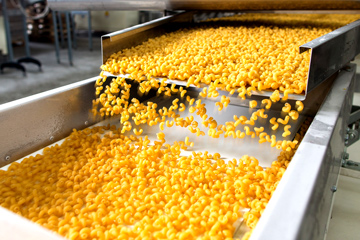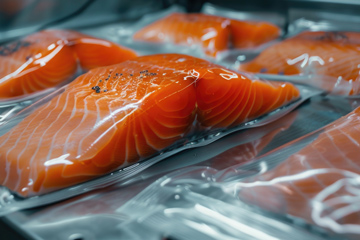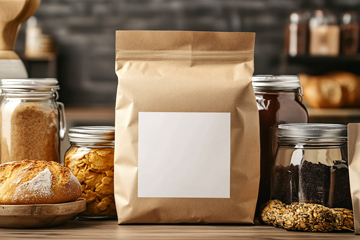- Business Dev, Loans, Grants
- Environment, Sustainability
- Organic Agriculture
- Farmland Protection
- Climate Change
- More Environment, Sustainability Topics
- Pesticide, Fertilizer
- File a Misuse Complaint
- Registered Product Search
- Clean Water Fund Activities
- More Pesticide & Fertilizer Topics
- Food, Feed
- Feed & Pet Food Business Info
- Resources for New Food Businesses
- Recalls & Complaints
- More Food, Feed Topics
- Plants, Insects
- Beneficial Insects
- More PLANTS, INSECTS topics
- Licensing & Inspections










